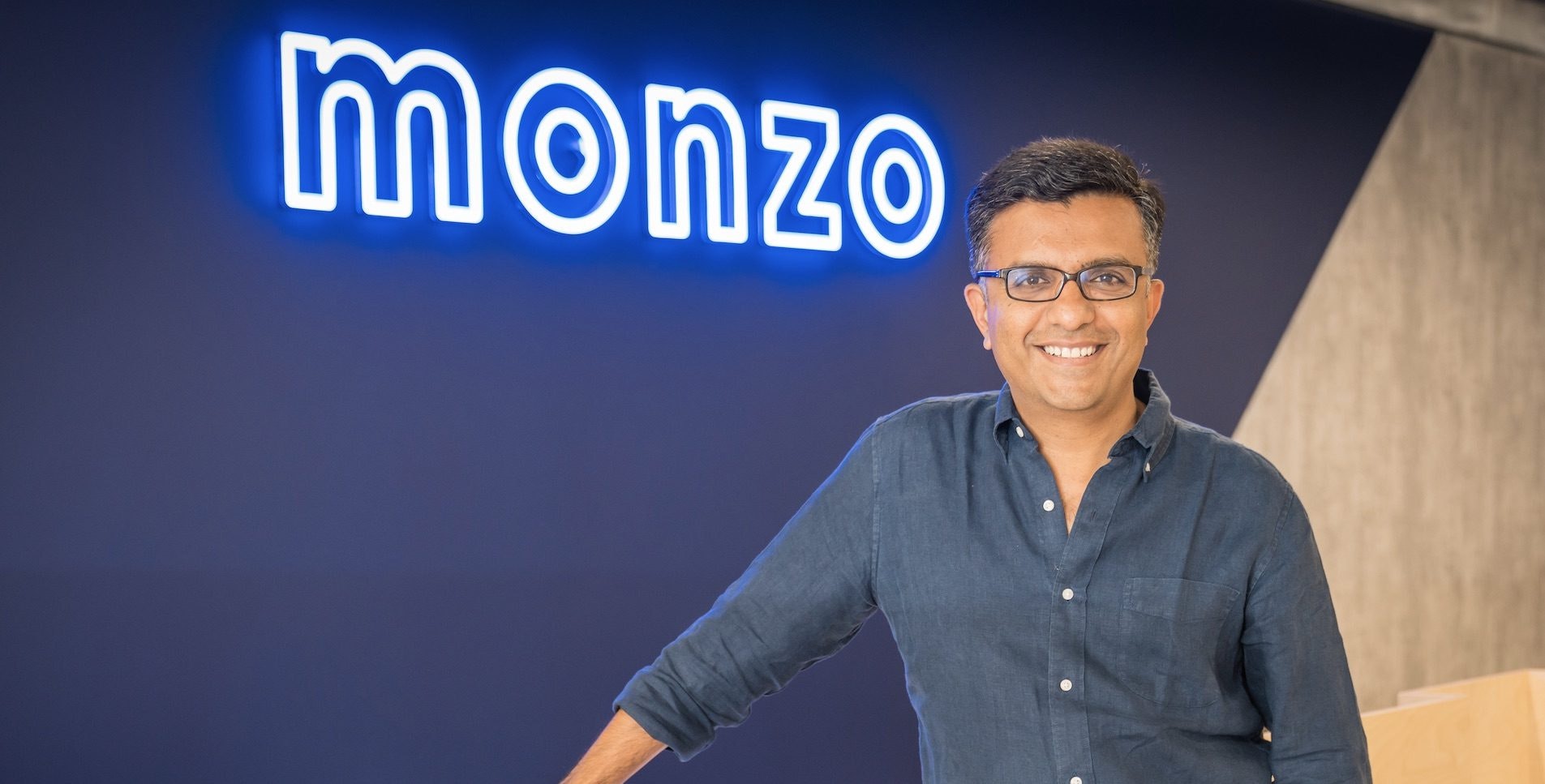Manchester, home of six tech unicorns and the UK’s third biggest city, is one of the top startup hubs in the UK. Now, it has the fastest growing fintech sector in the country, which contributes more than £1bn to the regional economy. This sector is made up of almost 250 startups and scaleups, as well as larger players such as Starling Bank and OakNorth Bank, accelerating developments in cryptocurrency, blockchain, AI and green finance.
“Manchester’s tech scene is very vibrant,” Carlton Hopper, managing director of tech service provider GFT, tells Sifted. “In the retail banking and capital markets space, we're seeing a lot of clients wanting to make investment decisions to move here. That helps Manchester because it breeds an environment for them becoming customers of some of the newer fintechs.”
This newer fintech ecosystem is thriving. Lou Cordwell, chair of the Greater Manchester Business Board, says the sector has tripled in size over the past three years alone.
“As well as the growth of the wider tech sector, this growth [for fintech] is fuelled by the ecommerce and cyber organisations, and capabilities that exist in the city region,” says Cordwell.
But it isn’t all about fintech. Manchester boasts a quality of life that has seen it consistently ranked the UK’s most liveable city by the Economist Intelligence Unit, and its commitment to a greener, fairer model of growth sits at the heart of its economic strategy, attractive to people and organisations that share the same values. On top of this, according to MIDAS data, operating costs in Manchester are 20% lower than London.
“There's been some big announcements of organisations making investments in the region, and success breeds success,” says Hopper. “The more [businesses] that join, the more that seem to want to join, creating an upward spiral.”
Here, Sifted dives inside Manchester’s tech sector, asking why it’s growing.
What has driven Manchester’s tech boom?
Cordwell says that Manchester’s tech boom is driven partly by the scale of the region's tightly-knit collaboration between the public, private and academic sectors.
“This creates the perfect balance of scale — [a population of] 2.8m people and the largest university population in Europe — and connectivity, hence the old adage that everyone you ever need to reach is just one handshake away,” she says.
That university population includes over 120k students from five universities (almost 30k of those studying STEM subjects) — and Hopper was once one of those students at the University of Manchester.
“There's a great talent pool here,” he says. “The whole university area is absolutely transformed and is huge in terms of the buzz. I think that matters in terms of grassroots skills.”
This is particularly true when it comes to AI. The University of Manchester is an academic partner with the Alan Turing Institute, the UK's national institute for data science and AI — prompting a growing number of AI companies in Manchester including Dream Agility, Digital Bridge, Futurecorn and Peak.
The whole university area is absolutely transformed and is huge in terms of the buzz. I think that matters in terms of grassroots skills.
The city is also proud of its multiculturalism — nearly 200 languages are spoken in the city and the wider city-region, its Chinatown is the second biggest in the UK and the University of Manchester welcomes students from 160 countries.
When first hiring, Hopper was even accused of ‘positive discrimination’ due to the diversity of his team — but he notes that is simply a reflection of Manchester.
“The diversity that we hired in Manchester certainly wasn't pre-described — historically it's a very diverse city and this continues to define where we are now, which is a really, really good thing,” he says.
Cordwell agrees: “You can see this in our growth ambitions, our policies, our success measures and the people who are attracted to come and stay here,” she says. “Increasingly, this is also a huge asset for us in attracting tech organisations who place a real value on having a diverse workforce. GCHQ’s presence in Manchester is a great example of this.”
Will Manchester’s tech ecosystem continue to grow?
A burgeoning networking scene is at the heart of any city’s thriving business ecosystem. The Greater Manchester Mayor's Charity, MIDAS (Greater Manchester's inward investment promotion agency), FinTech North and Manchester Digital are just some of the organisations connecting people in Manchester.
The diversity that we hired in Manchester certainly wasn't pre-described — historically it's a very diverse city and this continues to define where we are now, which is a really, really good thing.
“Organisations such as MIDAS have facilitated an attitude where organisations starting up are willing to be open and speak to other businesses,” says Hopper. “Through these events, you build strong relationships, speed up the learning curve for people and build goodwill. I know that business will come from that because one or two of them will think, ‘Hey, you helped me so I'll help you.’”
In Manchester, collaboration doesn’t just happen, it’s encouraged and facilitated beyond the growth of coworking spaces. Startup accelerators like Greater Manchester Digital Security Hub (DiSH) ZEBOX complement plans to build a North-West Cyber Corridor, while events in the city — such as Digital City Festival and Manchester Tech Festival — and trade bodies — including Greater Manchester Chamber of Commerce Pro-Manchester, Fintech North and Elevate — encourage constant collaboration with the rest of the UK and beyond.
Cordwell adds that the city’s scaling tech and fintech community means that the surrounding ecosystem is also growing fast and notes improved access to capital with funds like Northern Gritstone, which was launched by the universities of Manchester, Leeds and Sheffield with £312m fund, focused on university spinouts and IP rich businesses across the north, headquartered in Manchester.
“[There is] better access to specialist skills — not just through the universities, but also the work of Manchester-based organisations such as Ada [the national college for digital skills],” says Cordwell. “There are also better collaboration opportunities like our recently launched partnership with Cambridge, joining up the two science and tech ecosystems of the two cities across key opportunity areas, including fintech.”
Hopper emphasises the importance of having a team physically based in the city — and if you are a business headquartered in the south, not to make Manchester the ‘annexe up north’.
“Get involved and invest time to go to the events and meet people,” he says. “My biggest bit of advice is to get involved in a local community. The more you put in, the more you get out.”



